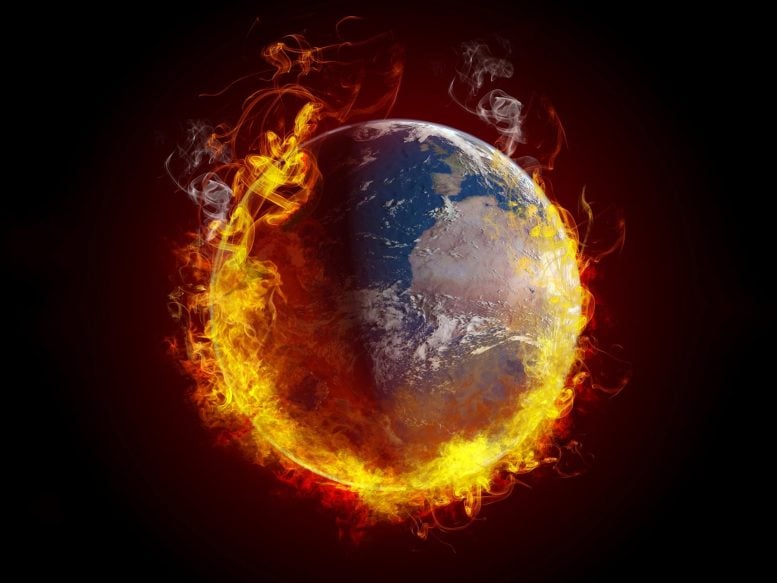The Threat of Human Activities: Pushing the Boundaries of Earth's Critical Systems

The principle of managing planetary commons collectively is essential for the future survival and stability of Earth and civilization. An international team of 22 experts suggest that the concept of global commons, which currently includes areas such as the Amazon rainforest and the Greenland ice sheets, should be expanded to incorporate critical biological and physical systems of the Earth. The aim is to develop effectual global governance strategies that cross national borders to ensure the planet's resilience and justice. The authors stress the immediate need for incorporating this approach into global environmental law to avert irreversible harm to Earth’s vital systems.
A recent research paper published in the Proceedings of the National Academy of Sciences (PNAS) asserts that tipping points in Earth's system should be considered as part of the global commons. The researchers argue that the definition of global commons should not just include areas beyond national jurisdiction, like the high seas and Antarctica but should also encompass all environmental systems that control the state and functioning of the planet. This engenders a new level of transnational cooperation, according to leading legal, social, and Earth system scientists. A new framework of planetary commons has been proposed by them to control the governance of the Earth, minimize risks for human societies, and secure crucial Earth system functions.
As highlighted by Johan Rockström, Director of the Potsdam Institute for Climate Impact Research (PIK), and Professor of Earth System Science at the University of Potsdam, energy and affluence of countries and our civilization hinge on the stability of essential Earth system processes that work cross-border. Human activities increasingly stress these key systems that have an impact on people worldwide; from the Amazon rainforest to Greenland's ice masses, the risks of sparking irreversible shifts in Earth system functioning are growing. The world needs collective governance regarding tipping elements as planetary commons that they have been entrusted with.
Over a period of almost two years, this publication is the outcome of the joint research process of 22 leading international researchers. To govern biophysical systems that regulate planetary resilience beyond national borders, these legal, political, and Earth system scientists have broadened the known concept of global commons. They have achieved this by adding elements like natural carbon sinks and major forest systems to effectively build legal responses.
Social scientist and author Joyeeta Gupta brings focus on the ability of the planetary commons to express and generate effective stewardship obligations for nations worldwide through Earth system governance. This governance aims at renewing and enhancing planetary resilience, promoting justice, and yet must meet some clear justice criteria due to the location of several of these commons within sovereign territories.
The global commons or global public goods such as the high seas, outer space, Antarctica, the atmosphere, and the deep seabed are shared by all nations. These areas are beyond jurisdictional boundaries and sovereign rights, and all states and people collectively have interest in their protection and effective governance, particularly concerning resource extraction.
The expansion of global commons framework to include critical biophysical systems that regulate resilience and determine the habitability of Earth is known as the 'planetary commons.' The authors assert that the repercussions of this 'planetary shift' in global commons governance could be significant. The safeguarding of these vital Earth system functions, they argue, poses a unique challenge on a planetary scale requiring collective global solutions that exceed national borders.
“Earth’s critical regulatory systems are now being put under pressure by human activities at unprecedented levels,” says author of the paper Louis Kotzé, Professor of Law at North-West University in South Africa and the University of Lincoln, UK; and researcher at the Research Institute for Sustainability Helmholtz Centre Potsdam. “Our existing global environmental law and governance framework is unable to address the planetary crisis and keep us from crossing planetary boundaries. This is why we urgently need planetary commons as a new law and governance approach that can safeguard critical Earth system regulating functions more effectively.”




